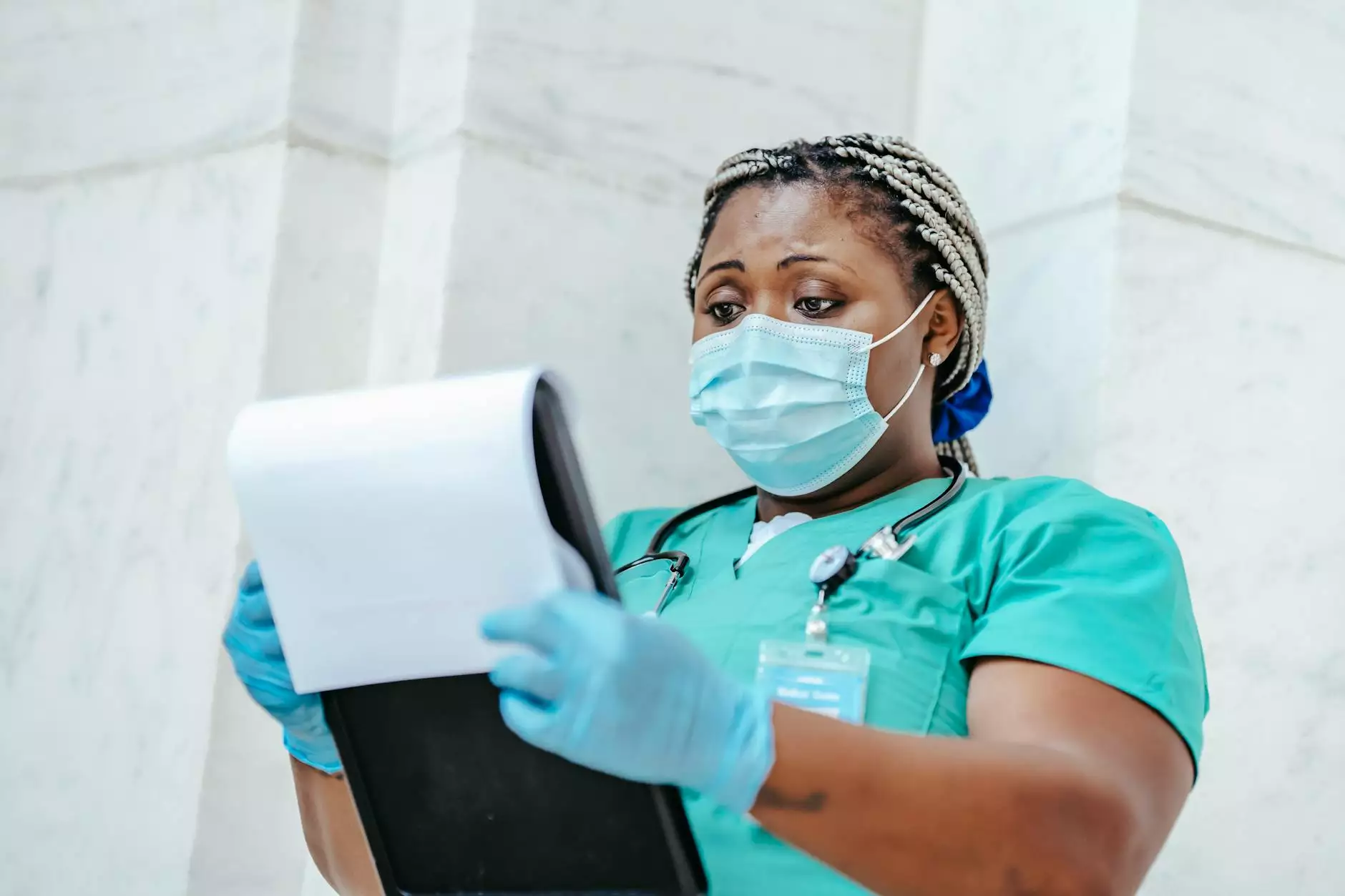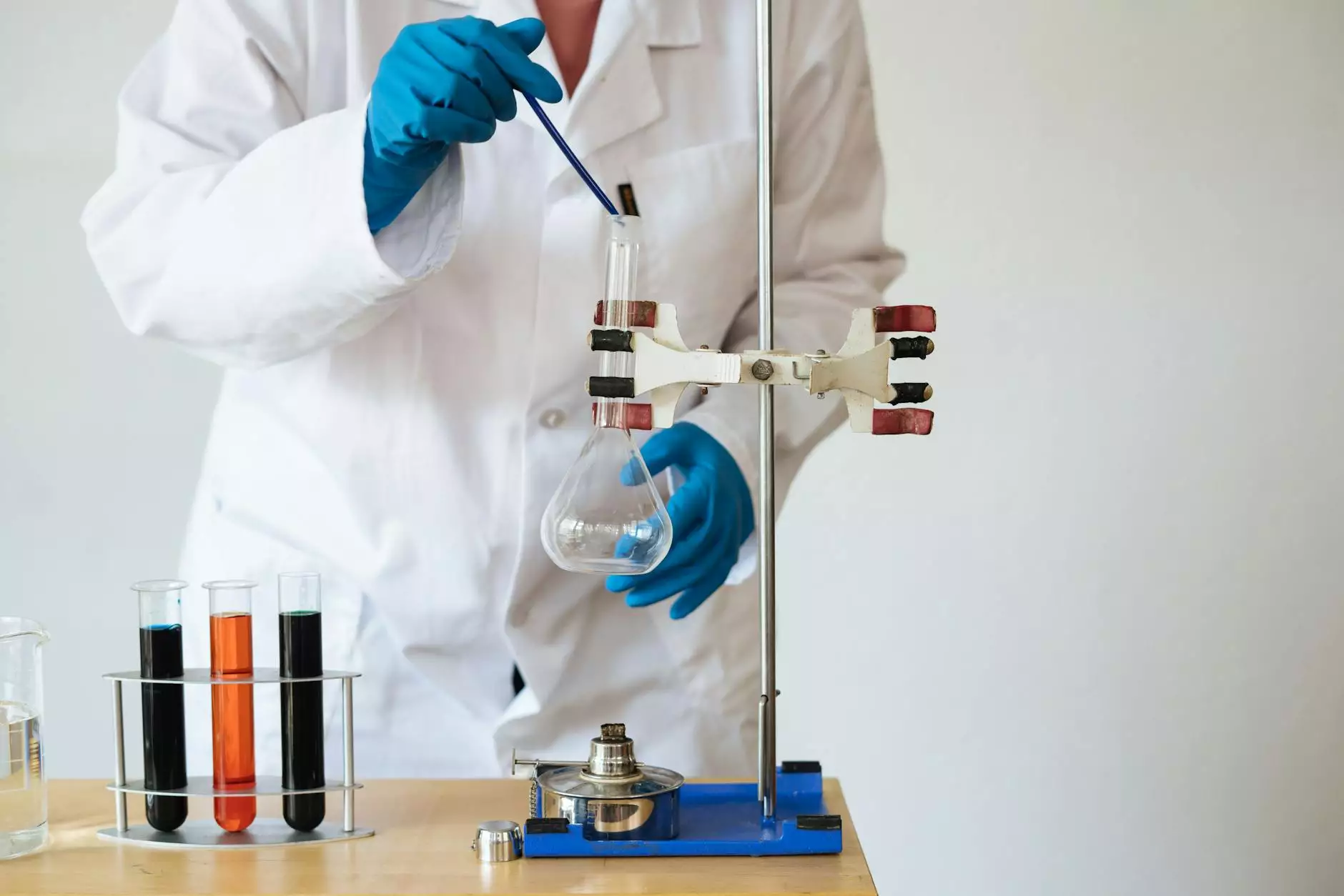Understanding the Risk of Cervical Cancer after Hysterectomy

When it comes to women's health, the risk of cervical cancer is a significant concern. For those who have undergone a hysterectomy, understanding the potential risk and how to manage it is crucial. At DrSeckin.com, our team of expert obstetricians and gynecologists is dedicated to providing accurate information and top-notch medical care to ensure the well-being of our patients.
The Importance of Addressing the Risk
The risk of developing cervical cancer after a hysterectomy depends on various factors, including the reason for the procedure, type of hysterectomy performed, as well as any prior history of cervical abnormalities. It is vital for women to be aware of this risk and take appropriate measures to safeguard their health.
At DrSeckin.com, our experienced doctors specialize in gynecological surgeries and have extensive knowledge of the risk factors associated with cervical cancer after hysterectomy. We believe in providing our patients with the necessary information and support to make informed decisions regarding their health.
Understanding the Factors
There are several important factors to consider when assessing the risk of cervical cancer post-hysterectomy:
- Type of Hysterectomy: The type of hysterectomy performed can influence the risk. In a total hysterectomy, where the entire uterus is removed, including the cervix, the risk of cervical cancer is significantly reduced. However, in a subtotal hysterectomy, where the cervix is left intact, the risk remains.
- Reason for Hysterectomy: The underlying reason for the hysterectomy is a crucial factor. If the hysterectomy was due to a precancerous condition, such as cervical dysplasia, the risk of developing cervical cancer may still exist even after the procedure.
- Prior Cervical Abnormalities: Individuals with a history of cervical abnormalities, such as cervical intraepithelial neoplasia (CIN) or human papillomavirus (HPV) infection, may have an increased risk of cervical cancer after hysterectomy.
Managing the Risk
To effectively manage the risk of cervical cancer after hysterectomy, regular medical check-ups and screenings are essential. Our team of doctors at DrSeckin.com emphasizes the importance of continued healthcare following a hysterectomy.
Screening methods to detect cervical cancer after a hysterectomy differ from those for individuals with a cervix intact. The type of hysterectomy and individual risk factors determine the appropriate screening approach. Our experienced doctors evaluate each patient's unique situation and recommend a tailored plan.
Regular pelvic examinations, Pap smears, or alternative tests, such as HPV DNA testing, may be performed to monitor for any signs of cervical abnormalities. Additionally, maintaining a healthy lifestyle, including following a nutritious diet and refraining from smoking, can contribute to overall well-being and reduce the risk of cancer development.
Expert Care at DrSeckin.com
When it comes to the risk of cervical cancer after hysterectomy, DrSeckin.com's team of skilled doctors offer expert care and guidance. Our commitment to women's health extends beyond surgical procedures. We are dedicated to educating our patients, providing comprehensive information, and offering personalized care for each individual.
If you have any concerns or questions regarding the risk of cervical cancer after hysterectomy, we encourage you to reach out to our experienced doctors who can provide the support and information you need for optimal health.
Disclaimer: This article is for informational purposes only and should not be considered as medical advice. Please consult with a qualified healthcare professional for personalized recommendations.










